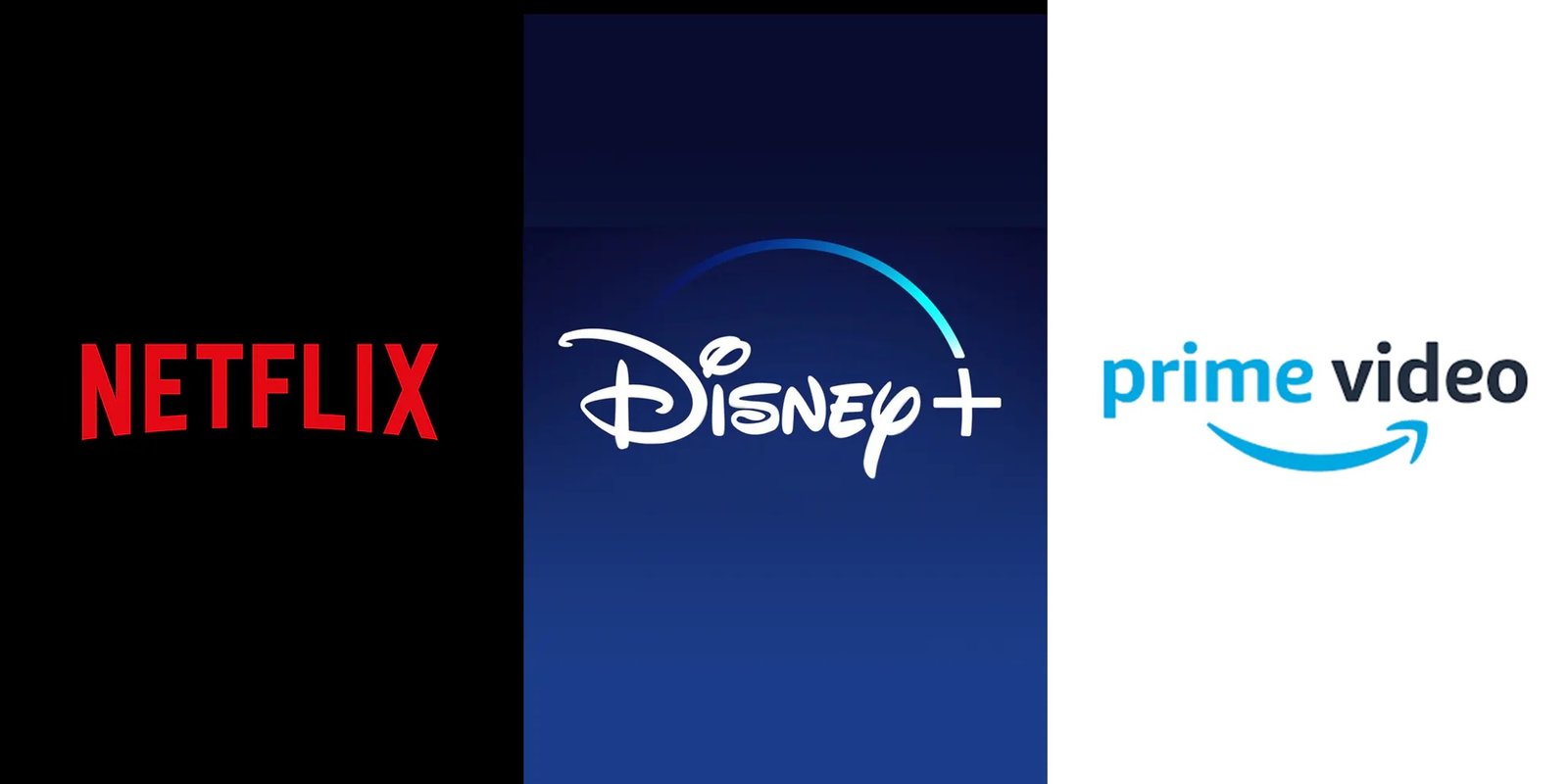By Grace Ifunanya Ariwodo
Superhero films have undergone a remarkable transformation over the past few decades, evolving from straightforward action-packed tales of heroism to complex narratives that explore darker themes, challenge traditional norms, and push the boundaries of what defines a superhero.
This evolution is epitomized by two films that stand at opposite ends of the spectrum: Deadpool (2016) and Terminator Zero (2024). While Deadpool brought a new level of irreverence and self-awareness to the genre, Terminator Zero marks a bold step into the future, blending elements of sci-fi with superhero lore in a way that reflects the genre’s continuous innovation.
- The Rise of Antiheroes: Deadpool’s Impact
When Deadpool hit theatres in 2016, it shattered many of the conventions that had defined superhero movies up to that point. With its R-rated content, fourth-wall-breaking humour, and a protagonist who was as morally ambiguous as he was charismatic, Deadpool appealed to an audience that was craving something different. The film’s success proved that there was a substantial market for superhero stories that didn’t adhere to the traditional good-versus-evil dichotomy.
This shift towards more complex characters and narratives opened the door for other films to explore similar themes. The success of Deadpool paved the way for movies like Logan (2017), which offered a gritty, emotional take on the iconic Wolverine, and Joker (2019), which delved into the psychological descent of one of DC’s most infamous villains. These films demonstrated that audiences were ready for superhero movies that took risks and delved into darker, more mature subject matter.
- The Fusion of Genres: Sci-Fi Meets Superhero in Terminator Zero
Fast forward to 2024, and the release of Terminator Zero represents the next stage in the evolution of superhero films. This movie is a fusion of the superhero and science fiction genres, blending the dystopian future of the Terminator franchise with the traditional elements of superhero storytelling. Terminator Zero is set in a world where advanced AI has created a new breed of superhumans, blurring the lines between hero, villain, and machine.
Unlike the more traditional superhero narratives, Terminator Zero challenges the notion of what it means to be human—or superhuman. The film explores themes of identity, technology, and the moral implications of artificial intelligence. By merging the two genres, Terminator Zero offers a fresh take on the superhero concept, one that reflects the increasing role of technology in our lives and the ethical questions that come with it.
- The Evolution of Special Effects and Storytelling
Both Deadpool and Terminator Zero also highlight the significant advancements in special effects and storytelling techniques that have occurred over the past decade. Deadpool utilized cutting-edge CGI to create visually stunning action sequences that complemented its irreverent tone, while Terminator Zero takes this even further, employing advanced motion capture and AI-generated effects to bring its futuristic world to life.
These technological advancements have allowed filmmakers to tell more visually complex and engaging stories, making the superhero genre more immersive than ever before. The evolution of special effects has not only enhanced the visual appeal of these films but has also enabled more nuanced and sophisticated narratives that resonate with modern audiences.
READ ALSO: Top Honors for Zulaihat, Huriyya, and Nafisa at Humanitarian Awards Event in Abuja
- The Future of Superhero Films
As we look ahead, it’s clear that the superhero genre will continue to evolve, driven by both technological innovation and a growing desire for more diverse and thought-provoking stories. The success of films like Deadpool and Terminator Zero suggests that audiences are increasingly interested in narratives that push boundaries, whether through unconventional characters, genre-blending, or the exploration of contemporary issues.
The future of superhero films may see even more experimentation, with stories that challenge our perceptions of heroism, morality, and humanity itself. As filmmakers continue to explore new themes and incorporate emerging technologies, the genre will likely remain at the forefront of popular culture, continuing to captivate and inspire audiences around the world.









